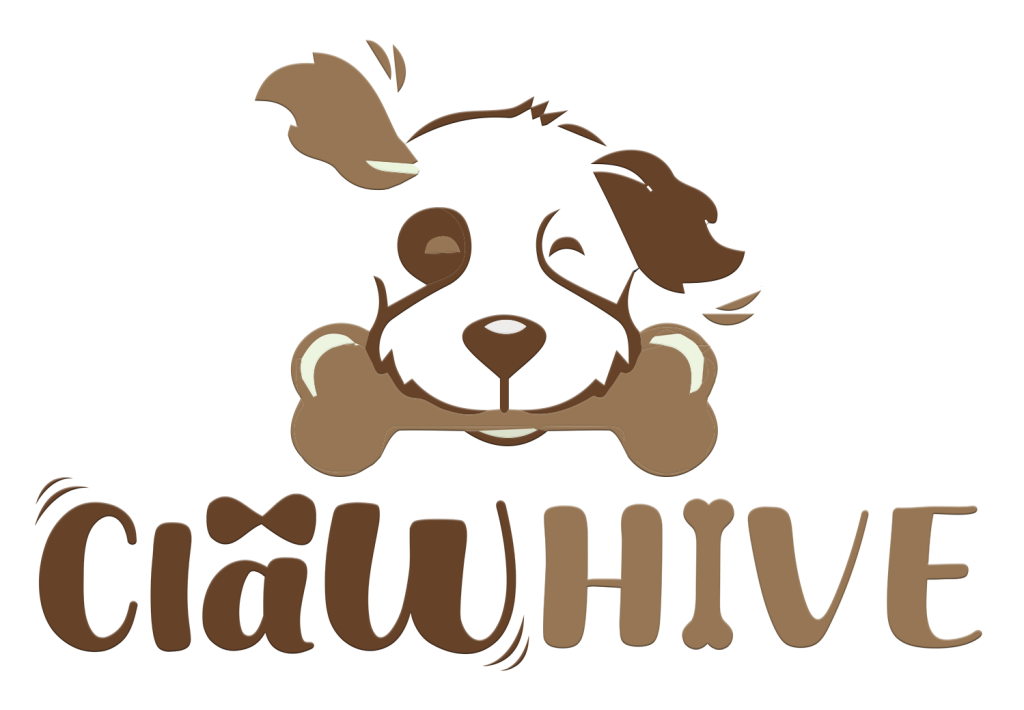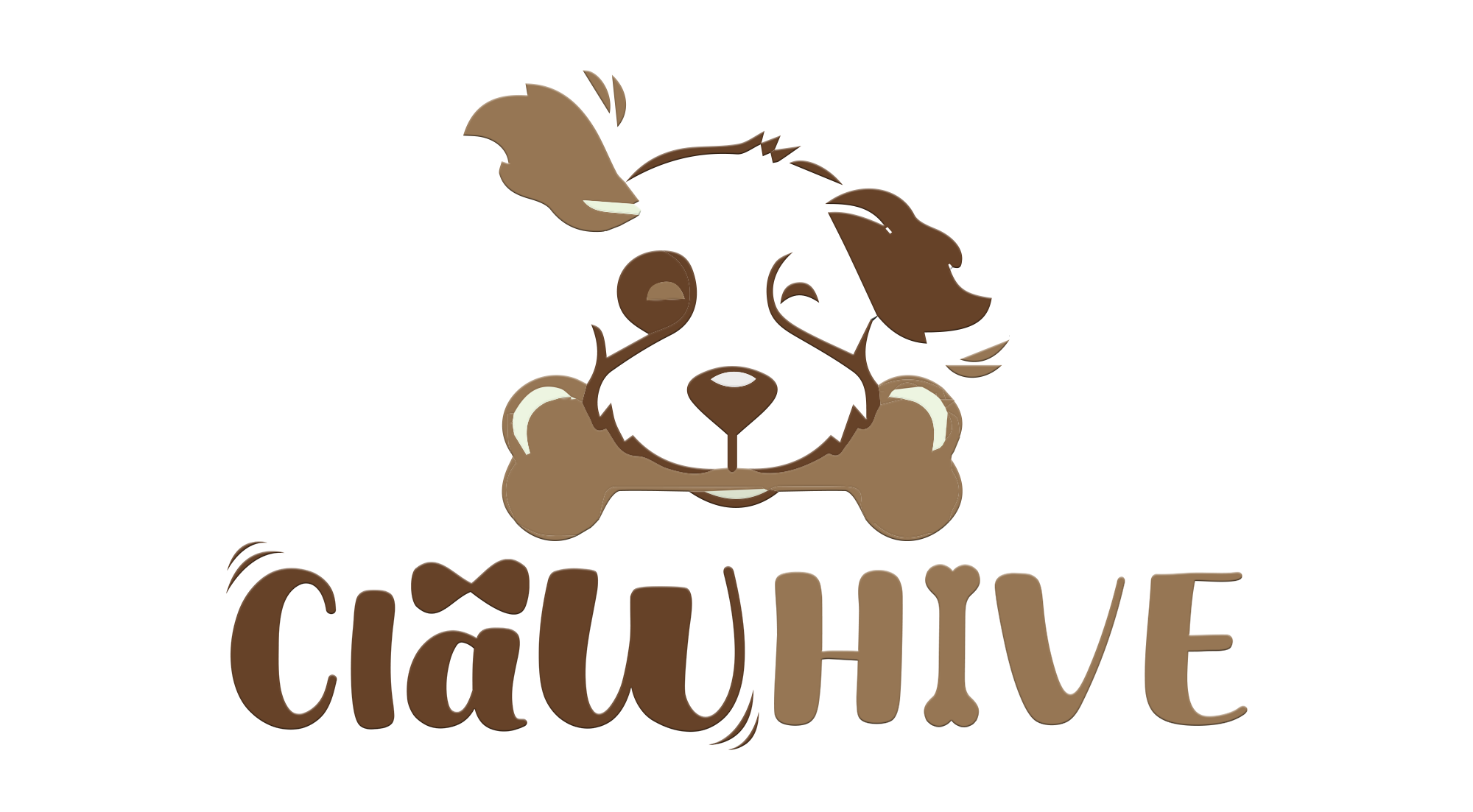Can dog eat peanuts? Can a dog eat broccoli? Can a dog eat cheese? Well, these are a few cheesy questions you must be conscious about. right?
We can understand! As pup parents or simply dog lovers, we all love sharing our snacks with our dogs. Cheese, being a popular snack among humans, often sparks curiosity.
But the everlasting question remains: can dog eat cheese? While cheese can be safe for dogs in moderation, dog owners must be cautious about certain factors and types of cheese.
In this article, we will elaborate on a few important factors. So, let’s begin!
Can Dog Eat Cheese Safely?
The short answer to whether can dog eat cheese is yes, but with a few important caveats. Most dogs can easily digest small amounts of cheese.It consists of all the good nutrients but still moderation is key.
However, some dog breeds may be lactose intolerant, which means their bodies lack the enzyme lactase required to digest lactose, the sugar found in dairy products.
Lactose intolerance can lead to symptoms such as diarrhea, gas, and stomach discomfort. Always make sure you check their reaction to cheese first.
Can Dog Eat Cheese? How Much Can I Give?
Now that you know your dog can enjoy cheese in moderation, you might wonder, how much cheese can a dog eat? A small cube of cheese or a few shreds as a reward is generally safe for most dogs.
Remember that cheese is high in fat and calories, which can contribute to weight gain and digestive issues if given in large quantities. Stick to small portions and always consider your dog’s overall diet and health.
Can Dog Eat Cheese? Can I Give Cottage Cheese Every Day?
Cottage cheese is often recommended as one of the best dairy options for dogs, but can my dog eat cottage cheese every day? Cottage cheese is lower in lactose compared to other cheeses, making it easier for dogs to digest. It is also packed with protein and probiotics, which can aid in digestion.
However, feeding cottage cheese daily may not be ideal. While it’s generally a healthier option, moderation is still crucial. Dogs need a balanced diet, and too much cottage cheese can lead to digestive problems or weight gain. It can be given sometimes, just for a snack.
Can Dog Eat Cream Cheese?
Having cream cheese with your bagels is one thing, but can dog eat cream cheese? Cream cheese, like most dairy products, is safe in small amounts. However, it’s high in fat, which can lead to weight gain or even pancreatitis in dogs if consumed regularly.
If you choose to give your dog cream cheese, opt for plain varieties without any added ingredients such as chives or garlic, as these can be toxic to dogs. Use cream cheese as an occasional treat or to hide medications, but don’t make it a regular part of their diet.
Can Dog Eat Cheese or Mac and Cheese?
Of course, everyone loves a good bowl of Mac n Cheese, but when it comes to sharing with your dog, can dog eat mac and cheese safely? While macaroni and cheese may be a delicious meal for humans, it’s not an ideal choice for dogs.
Mac and cheese contain pasta (a carbohydrate) and cheese (a dairy product high in fat), both of which can be difficult for dogs to digest. Plus, the dish is often loaded with butter, milk, and other seasonings that can upset a dog’s stomach. It’s best to avoid feeding your dog mac and cheese and opt for healthier, dog-friendly treats.
Can Dog Eat Cheese-Cheddar Flavor?
Cheddar cheese is one of the most common cheeses found in households. But can dog eat cheddar cheese without any issues? Yes, dogs can eat cheddar cheese in moderation, as it contains relatively low levels of lactose compared to other cheeses.
However, like any cheese, cheddar is high in fat, so offering it sparingly is crucial. A small piece as a reward or training treat is fine, but avoid making it a regular snack.
Can Dog Eat Blue Cheese?
While blue cheese may be a delicacy for humans, can dog eat blue cheese safely? Unfortunately, the answer is no. Blue cheese contains a fungus called roquefortine C, which can be toxic to dogs. Ingesting even small amounts of blue cheese can lead to symptoms such as vomiting, diarrhea, tremors, and even seizures in dogs.
Wrapping Up!
In conclusion, can dog eat cheese? Yes, in moderation, and provided your dog is not lactose intolerant. Stick to low-fat cheeses like mozzarella or cottage cheese, and avoid high-fat varieties like brie or dangerous cheeses like blue cheese.
Always monitor your dog for any adverse reactions and offer cheese as an occasional treat, not a staple in their diet.



